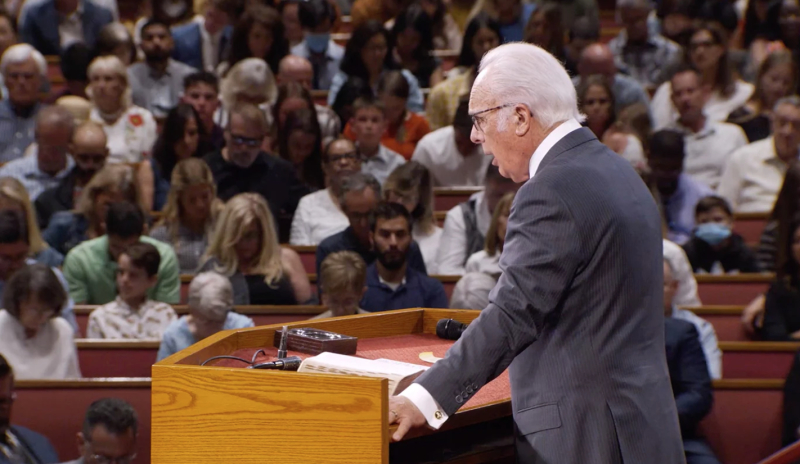
California remains firm in keeping establishments, such as churches, schools, and gyms, closed even as as the court allowed strip clubs to reopen last Friday.
In a ruling dated Nov. 6, San Diego Superior Court Judge Joel R. Wohlfeil granted a temporary restraining order on the state's cease-and-desist orders that banned strip clubs from providing live entertainment.
Under the county public health order, strip clubs are not allowed to operate. In October, San Diego County Public Health Officer Dr. Wilma Wooten issued cease-and-desist orders to such establishments to curtail the spread of COVID-19, saying such a measure is in line with the executive order from Governor Gavin Newsom.
However, two strip club owners brought the case to court. They filed lawsuits against the county's public health orders and accused the government of violating constitutional rights and equal protection under the law.
They argued that live entertainment is a form of constitutionally protected speech. They also stated they complied with the social distancing requirements as implemented by the California authorities. The business owners said they will suffer financial ruin if they face another shutdown.
The court sided with the business owners and ordered that Wooten's order be lifted temporarily. A full hearing will take place at the end of the month, according to Washington Free Beacon.
The ruling was given even as San Diego went back to the most restrictive purple tier of lockdown amid increasing COVID-19 cases. California now has seven new coronavirus cases per day, and eight percent among those tested are positive. Once a county goes up to the purple tier level of COVID-19 cases severity, many non-essential businesses have to close.
Among the most affected by the closure are schools, where in-person classes are restricted, and churches, where in-person services are not allowed. Indoor restaurants are required to move their services outdoors. The government also instructed retail businesses to limit their capacities.
Paul Jonna, special counsel for the conservative legal group Thomas More Society, described the judges' decision as "absurd." He added that allowing the clubs to reopen shows double standards.
He said that as worship to God is expressly mentioned in the First Amendment, it should be held with a higher standard.
"If you're going to accept that argument that dancing nude is protected speech that's so significant that it overcomes the government's interest in regulating its citizens with COVID-19 orders, then obviously the divine worship of God, which is expressly mentioned in the First Amendment, should be held to a higher standard," Jonna said.
Several California churches continue their battle and appeal to the government to allow the churches to reopen. Church leaders assured that they follow the health protocols required by the authorities. However, California Governor Gavin Newsom has persistently implemented restrictions against physical church gatherings.
More than 1,000 churches in California decided to reopen for in-person service at the end of May. Among them was Calvary Chapel in San Jose, Santa Clara County. The authorities filed a lawsuit against Mike McClure, the senior pastor of Calvary Chapel. He also faced at least a $350,000 fine for the alleged violation of the governor's restriction on churches.
In light of the court's decision to allow strip clubs to operate, restaurants and gyms in San Diego have filed a lawsuit seeking an injunction that will lift the ban on their indoor operations.























